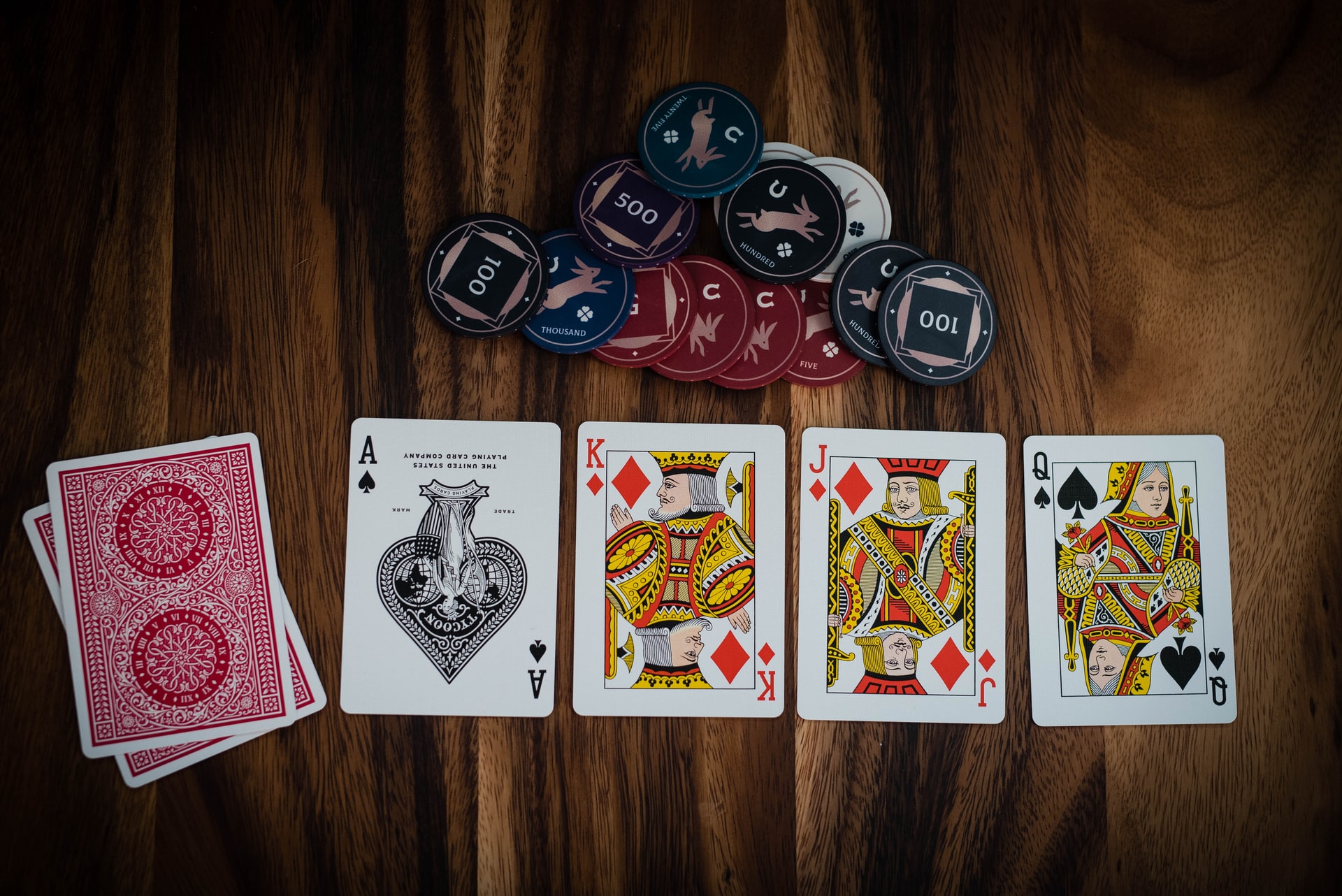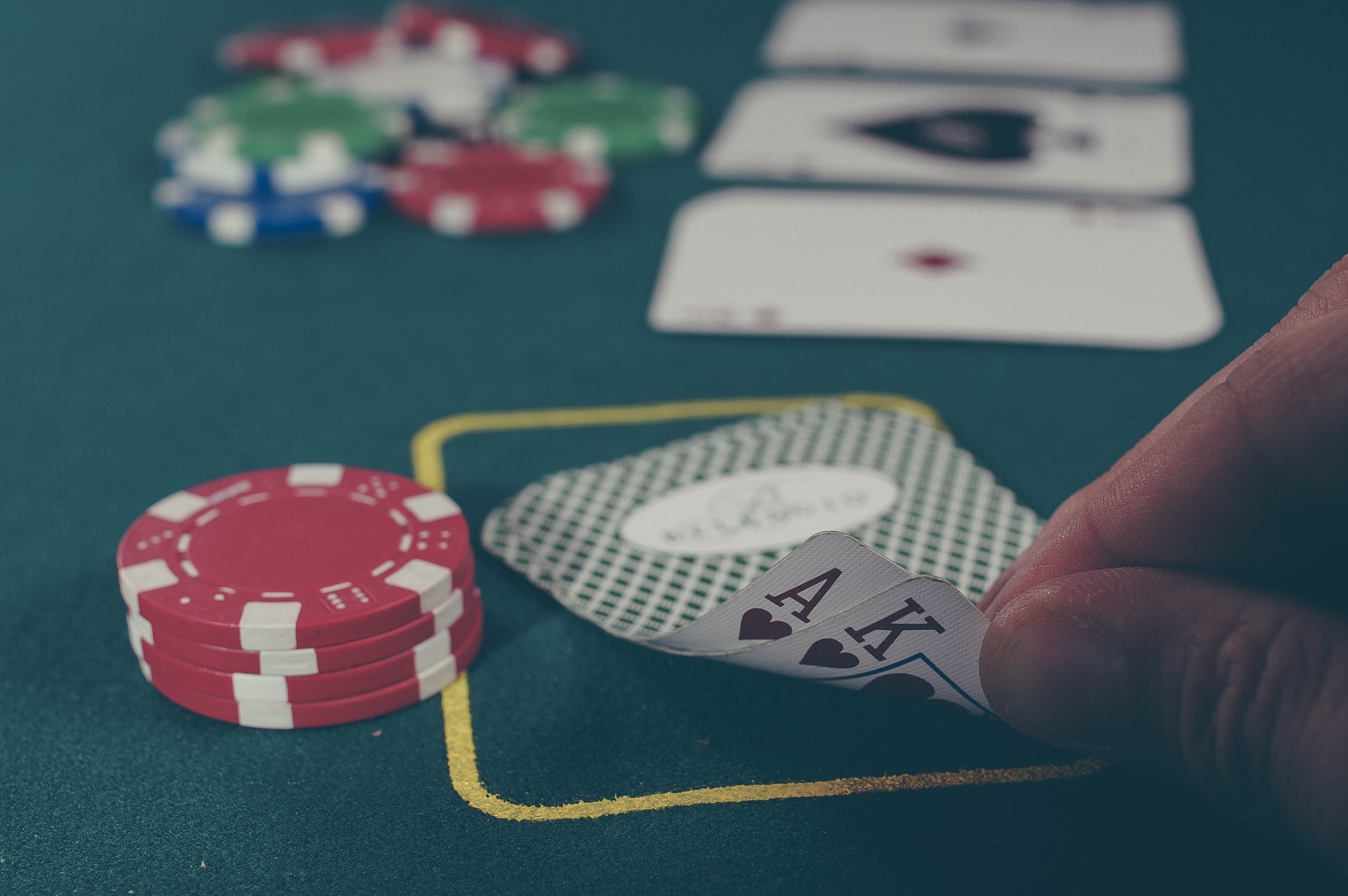Symptoms Of Gambling Addiction
Gambling Addiction: One wrong move and you might be in deep trouble, both financially and personally.
However, there is a bad side for some people.
It’s a weekly card game with friends for most people who gamble, or it’s finding the best odds and betting on sports online for professional sports punters who find the best odds.

What Are The Signs And Symptoms Of Gambling Addiction?
To put it another way, the problem with gambling is characterized as a “growing fixation with gambling,” “a drive to gain more money more frequently,” and “chasing” losses while trying to stop. It also includes “loss of control” demonstrated by continuing to gamble despite rising harm.
Untreated gambling addiction can lead to legal concerns, family and marital problems, job loss, and even an increased risk of depression, in addition to financial problems.
Identifying a gambling issue early is made simple with this list of eight warning flags.
You have no control over the situation.
Compulsive bettors have a tough time, since they spend more time online, at the bookies, or depositing money to their digital wallets to keep track of the results.
In the same way that a skilled poker player understands when to “hold ’em” or “fold ’em,” recreational gamblers should keep their bankrolls in check. Their lives are completely taken over by the addiction as they are continuously placing new wagers on the board. Those who make an effort to stop smoking find they are unable to do it.
Your wagers go beyond mere amusement, as well. Professional punters place enormous bets or exploit promos to boost their winnings, understanding when not to wager.
People that engage in recreational gambling do so for the sheer enjoyment of it, spending a few dollars or euros here and there. Whatever your problems are, gambling is not the solution. This escape makes it tougher for addicts to stop using.
Your bankroll is too small to risk losing.
This means they begin to deplete their emergency reserves and monthly planned funds, as well as their paychecks.
Gamblers with a problem don’t just gamble with the money they’ve saved up for special occasions. Some people’s financial situation deteriorates to the point that they begin borrowing money, initially from family and friends and later from banks and loan firms, further in debt.

You Gamble With More Money And Set Higher Bets:
As long as they’re in a hurry, they’ll keep gambling with more money and eventually start losing, and lose a lot. However, the first thrills they feel eventually encourage them to raise the stakes and test themselves more.
You increase your gambling and bet size in an attempt to make up for losses. Problem gamblers don’t understand that the more they play, the more money they’ll end up losing.
You Go To Lengths To Gain More Money To Gamble:
As a substitute, they go out and borrow more money or, in the worst-case scenario, commit crimes like theft, forgery, or fraud to fund their habit. When a pathological gambler’s bank account becomes dry, he or she continues to bet. Gambling has a negative impact on your emotional well-being.
While gambling can be a thrilling and enjoyable activity, those who are addicted may feel things that point to a problem, such as:
- Frustration or annoyance that you failed to quit
- Resentment, particularly when going after “losses”
- A decrease in aspiration
- A desire to place a wager on an unrelated event
- Loss of control results in maintaining gambling behavior despite mounting major negative effects
- There are things you may take to assist yourself stop gambling if you see these symptoms.
- You only care about the next wager.
If you’re a compulsive gambler, you might bet on the internet instead of working. Spending less time with loved ones can cause them to retreat from their personal lives. As a result, their relationships suffer as a result of their habit. Those who are problem gamblers prioritize their sports betting over everything else in their lives.
A Gambling Issue Can Be Treated In Different Ways:
Recognize That You Have A Problem And Accept Responsibility For It.
Admitting you have a problem with gambling is the first step in recovering from an addiction of any kind. According to experts, if the addict refuses to take this crucial initial step, treatment will be less effective.

Resist The Urge To Place Another Wager:
Avoid going to casinos, sporting events, or playing online games if you can help it.
Addicts must avoid circumstances that contribute to gambling.
Find The Appropriate Assistance:
In addition to your loved ones, Gamblers Anonymous can offer encouragement and support to recovering addicts by allowing them to share their stories and find solace in each other’s company.
It’s impossible to fight a gambling addiction on your own.
Allow Someone Else To Be In Charge Of Your Money:
Cut up your credit cards and terminate the accounts if you’re funding your habit with them.
Eliminate potential funding sources by entrusting the management of your finances to your spouse or another person in whom you have complete faith. This person keeps track of your funds and budgets them so that any extra cash you have can be put to good use.
- Seek out expert assistance.
- It’s okay to ask for help from a professional if you need it.
- Addiction treatment differs from person to person. Up to 70% of those who are addicted to gambling also have psychiatric or substance misuse issues, necessitating further treatment.
- Remove the temptation to gamble and replace it with a fulfilling pastime
- Find a new interest or pastime to do in place of your old one.
- Never be in a situation where you’re tempted to place another wager.
- When it’s jogging, rock climbing, or fly fishing, find anything to take the place of gambling.
However, avoid spending too much time watching television or on the internet.

Conclusion
Gambling addiction is harmful to you and the people you care about. A tiny win on the horses can lead to thousands of dollars in high-stakes sports accumulators after a short period of time.
If you like to gamble on occasion, be on the lookout for warning signals that it is beginning to badly affect your life.













